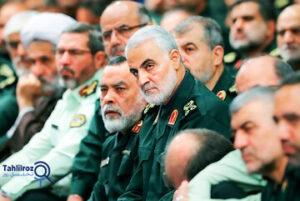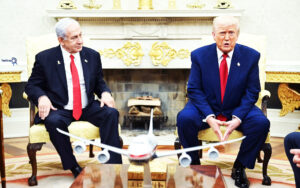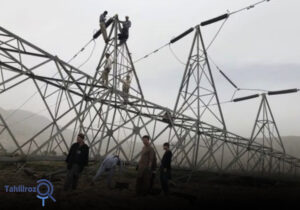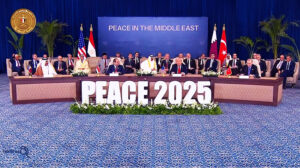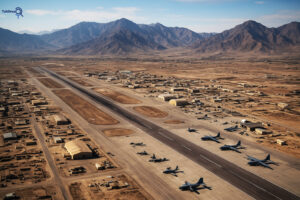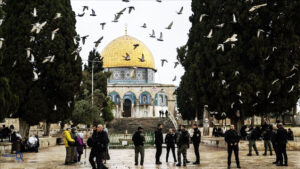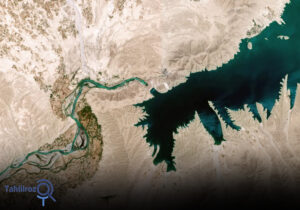Even non-Muslims know how important Muharram is for Muslims all around the world and how they care about holding Muharram rituals perfectly, no matter where they live. Muharram in Afghanistan is also very important for people specially Shias. On the verge of Arbaeen, investigating the security of religious ceremonies, especially during Muharram in Afghanistan, will clear up some doubts.
-
History of Muharram in Afghanistan
According to historical sources, the arrival of Shiism in Afghanistan dates back to the Hijri first century during the Caliphate of Hazrat Ali (AS). In Afghanistan, reciting elegy (religious ceremony named “Roze Khani) in today’s form became customary from the beginning of the 10th century after the publication of the book “Rozat al-Shohda” by Mullah Hossein Waez Kashefi Heravi. The style and structure of the narration of the book made this book always be noticed and used during the past periods.
Mourners say that the grandeur of the Muharram mourning ceremony shows that the spirit of brotherhood among Afghan Muslims is expanding day by day and that there is no difference between the followers of different religions in the Muharram ceremony.

-
Muharram 1403 under restrictions; security was a plus
The Taliban imposed restrictions on the Ashura mourning ceremony for Afghan Shiites. According to the new instructions of the caretaker government of Afghanistan, which was published under the name of “Commitment”, Shiites had to follow the terms stated in this commitment in order to hold their mourning ceremony in Kabul. In the Taliban’s letter, which was leaked to the local Afghan media, it was stated that the joint committee between the Taliban and the Shia religious scholars had agreed on some restrictions on how to hold the Muharram mourning ceremony.
In this letter, it was stated that Afghan Shia citizens do not have the right to invite Sunni citizens to the mourning ceremony. In was also stated that in parts of Kabul where most of the residents are Sunnis, Shiites have the right to mourn and hold ceremonies behind closed doors only on the 7th to 10th of Muharram. The Taliban also imposed restrictions on the installation of flags, lamentations and mass or group participation in mourning ceremonies. In another part of this letter, the Taliban forbade Afghan Shia citizens to talk to the media and it was emphasized that the mourning ceremony should be held based on the rules and principles established by the Taliban.
The Taliban emphasized that the mourning ceremony of Imam Hussain (AS) should only be held in the shrines (Husayniyya) that the Taliban have identified and approved, and the list of mourners should also be determined and approved by the Taliban. The Taliban believe that the application of these restrictions is to prevent possible ISIS attacks and to control the security of the ceremonies, which seems reasonable to some extent. Public gatherings are ISIS’s favorite places for terrorist attacks, especially against Shiites.
The foreign minister of the Taliban announced during a meeting that ISIS attacks were neutralized and providing the security of Muharram was an achievement for Afghanistan. Amir Khan Muttaqi, the foreign minister of the Taliban government, said that the ISIS terrorist group had planned to attack during Muharram, especially Ashura, since a year ago, but it was thwarted by the efforts of the security forces. He added, ISIS terrorist group has no power in Afghanistan now.

-
Muharram in Afghanistan will be commemorated for ever
Muharram in Afghanistan will never lose its value, because it is one of the most valuable assets of Muslims, especially the Shiites of Afghanistan. But the security of ceremonies is also an undeniable issue. The Taliban imposed restrictions, but it should not be overlooked that the security of this year’s Muharram ceremonies was much more noticeable than in previous years. Even if this action of the Taliban is only an excuse, security is still the most important issue that Afghanistan needs.
Mohsen Shahrafiee, Analyst


